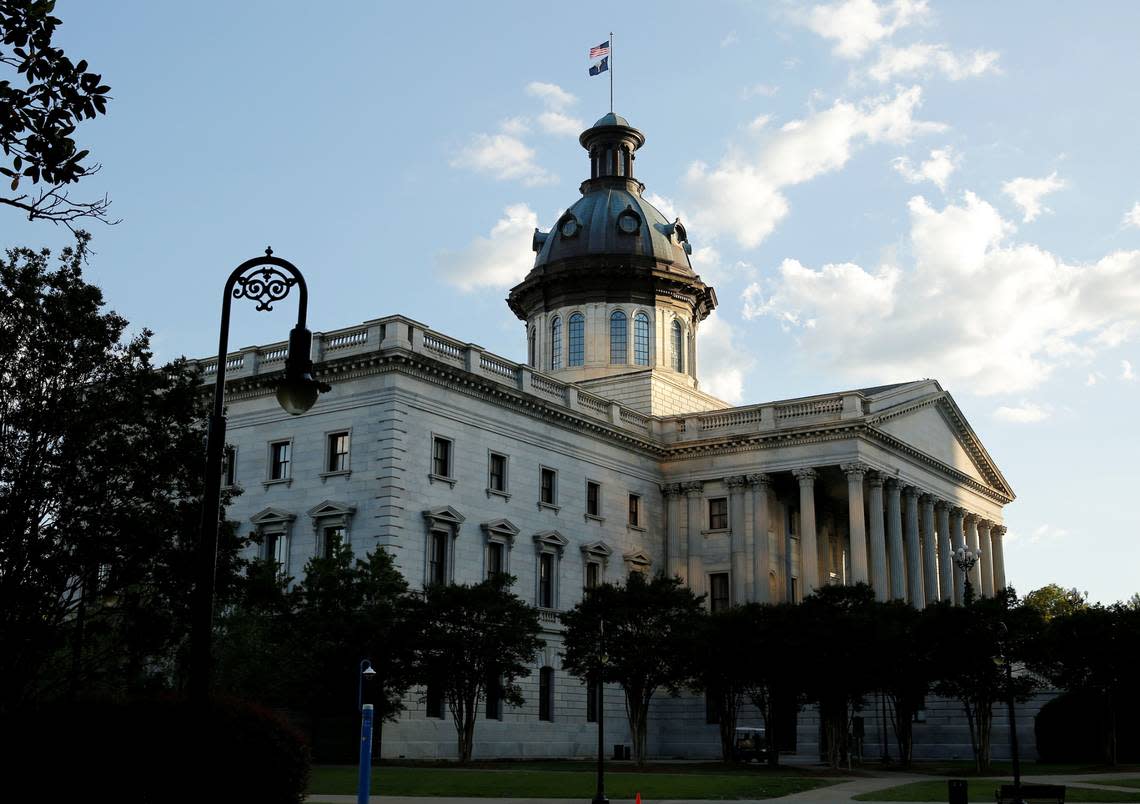Why does South Carolina not follow best practices when it comes to protecting our children?

Since the first Kids Count report on the status of American children was provided to policymakers by the Annie E. Casey Foundation in 1990, South Carolina has been lodged at the bottom of national rankings.
This year is no exception.
After 34 years with minimal improvement, we need to ask politicians some hard questions.
With all the emphasis on right to life, why is our state among the worst in the country in children’s health, education and economic well-being? Exactly what do you mean by pro-life? Are you pro-life only as it pertains to abortion? Do you believe life begins at conception and ends at birth? Or will you pledge to improve the lives of vulnerable children after they come into the world?
Does pro-life mean pro-pregnancy, no matter what? Are you OK with a child being twice traumatized and physically, mentally and emotionally scarred for life from a pregnancy caused by rape or incest? What if she were your child?
State data tells us that 2,875 children were born to South Carolina teenagers in 2022, 2,708 of them to unmarried mothers. If a child is forced out of her home because of a pregnancy, are you willing to ensure she has a roof over her head and can continue her education?
Teen moms are much more likely to drop out of school, dooming mother and child to a life in poverty. Does it mean you care enough about a child to ensure every mother has access to health care?
South Carolina has unusually high numbers of low birth-weight babies. Those children are more likely to have developmental disabilities and fall behind in school. Are you willing to provide additional support for them?
Kids Count states 68% of our fourth-graders weren’t proficient in reading and 78% of eighth-graders weren’t proficient in math in 2022. Will you provide tutors to work with students who fall behind? Or are you more concerned with what someone else’s children read than if they can read?
What about children born into poor families? State data shows there are nearly 500,000 students living in poverty in South Carolina. What will you do to help them? Will you invest in programs that give them a fighting chance to break the cycle? Will you invest in mentoring programs that help ensure vulnerable kids graduate on time prepared for careers or college? Will they have access to affordable higher education so they can adequately provide for themselves and their families?
For 34 years we’ve spent billions of dollars annually on the Temporary Assistance for Needy Families (TANF) federal program, subsidized housing, food assistance, alternative schools, health care, incarceration and substance abuse treatment, all of which are consequences of ignoring the data.
Social issues left unaddressed become economic issues. There are compelling social and economic benefits to investing in prevention to ensure all children will become self-sufficient adults. Will you change the way our state does business? It shouldn’t take 34 years to find solutions to problems.
South Carolina Department of Juvenile Justice Director Eden Hendrick recently said, “We are the outliers. We are the ones who do not follow the best practices, do not follow the research, do not follow what everyone else does and has proven to produce better outcomes for youth.”
She’s right. We don’t. And that needs to change. But children can’t vote or contribute to political campaigns. So it’s up to us to choose the right leaders. Ask our cost-conscious, business-minded politicians why they don’t pay attention to data that clearly tells us our children aren’t doing well just as they rely on data to ensure their businesses thrive? And insist they listen to children’s advocates like Director Hendrick who clearly understand that social issues are economic issues.
Pose the hard questions. Then go to the polls in the general election on Nov. 5. Vote as if the social and economic well-being of our state depends on it. Because it does.
And so do the lives of hundreds of thousands of children.
Campbell served in nonprofit executive leadership for 30 years as an advocate for children and families and recently founded All In for Kids, a collaborative of advocates for vulnerable youth. She lives in Columbia.


